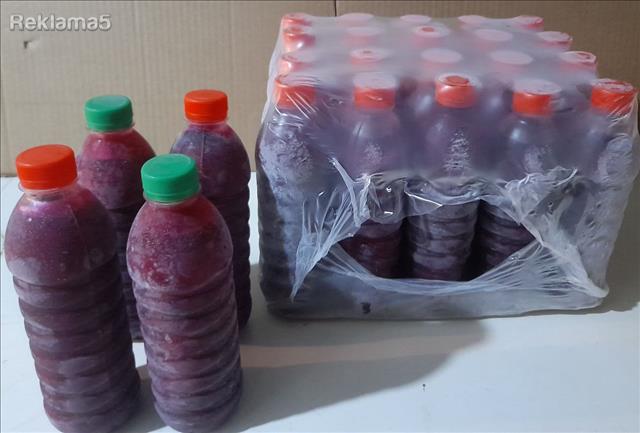… As Faith-Based Sobolo Craze Sparks Health Concerns
A disturbing wave of preventable deaths is sweeping across communities in Ghana as health professionals warn against the growing trend of replacing prescribed medications with “Yesu Mogya” — a herbal drink commonly identified as sobolo (hibiscus tea) but branded by some churches as a miraculous spiritual cure.
Tragic stories shared by frontline healthcare workers paint a grim picture of how faith-based misinformation and misguided beliefs are costing lives — including those of vulnerable children, new mothers, and chronic disease patients.
In a moving testimony, a teacher recounted how a colleague diagnosed with typhoid chose to forgo her prescribed medication in favor of drinking Yesu Mogya. “She believed the sobolo would heal her spiritually,” the teacher said. “By the time she realized it wasn’t working, it was too late. She left behind a little girl. I was devastated.”
The situation isn’t isolated. At a health facility, a preterm baby discharged from the Mother-Baby Unit was brought back emaciated and pale. The mother admitted she had been feeding the child a mixture of sobolo and porridge — on her mother’s advice — instead of formula or breast milk. “When she showed me the feeding bottle, it was pink. We all broke down in tears,” the nurse recounted.
Another horrifying case involved a 7-year-old boy born to HIV-positive parents, who died after his uncle refused to give him life-saving antiretroviral (ARV) drugs, opting instead for Yesu Mogya. “I warned him several times, even threatened to call the police,” a member of the ART team said. “The child could have survived.”
The use of the beverage has also been reported in the treatment of stroke, diabetes, and other chronic conditions.
One diabetic patient rejected insulin treatment, claiming Yesu Mogya would “work faster.” A stroke patient discontinued medication and physiotherapy, bathing in anointing oil and drinking sobolo instead — only to collapse and die on a Friday, just after staking and winning a lotto ticket.
Health nurses and doctors across various regions have expressed growing frustration. Many say they are helpless as patients often influenced by churches or relatives — reject medical advice in favor of unproven spiritual remedies disguised as herbal concoctions.
Healthcare workers are calling on government agencies, faith leaders, and civil society organizations to intervene urgently.
“This is no longer just a medical issue. It’s a national crisis,” one nurse stated. “We need to regulate these so-called ‘miracle cures’ before more lives are lost.”
Public health experts are advocating for education campaigns, tighter monitoring of herbal products, and laws to hold negligent caregivers accountable.
“The Constitution protects freedom of religion,” said a public health analyst, “but it also guarantees the right to life and health. Churches must be partners in life-saving care, not peddlers of death disguised as healing.”




